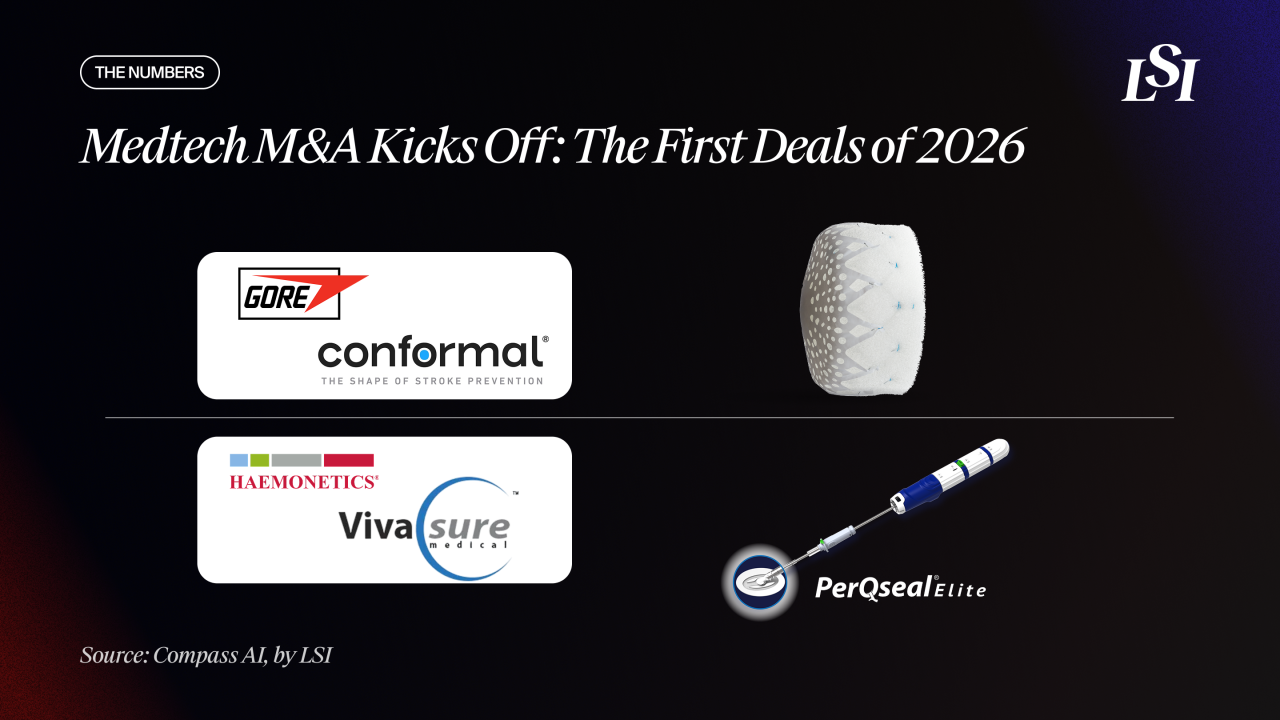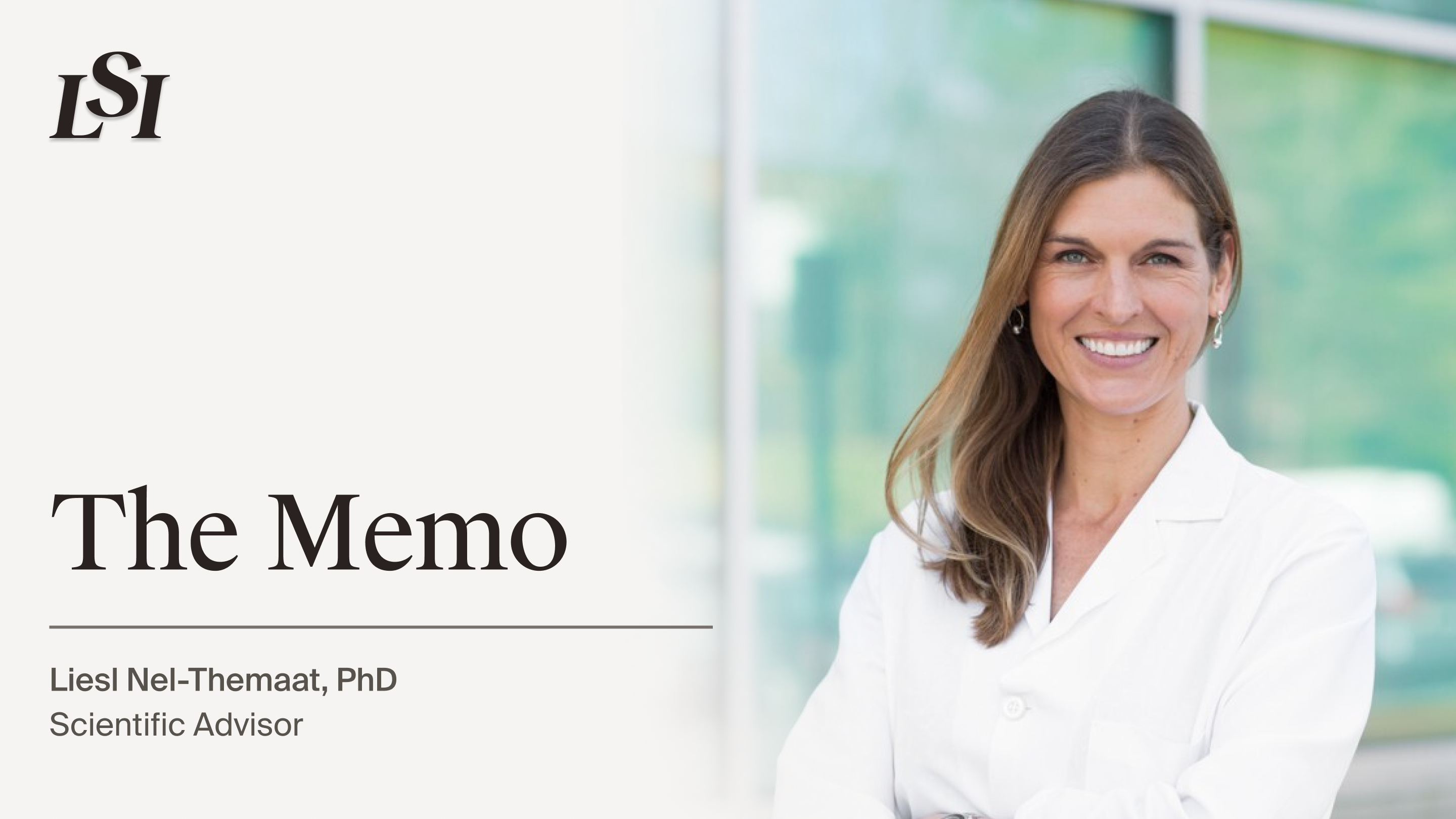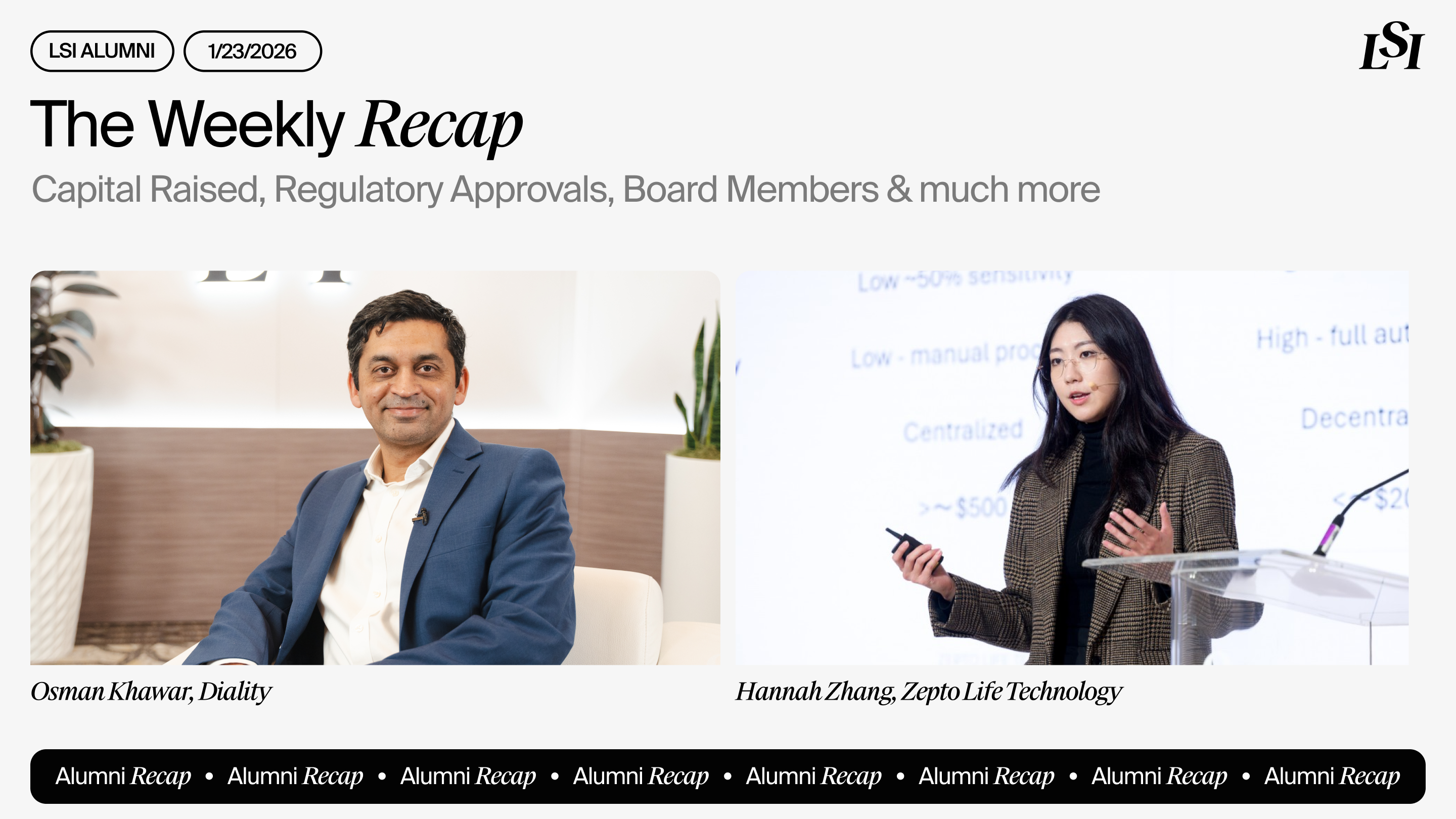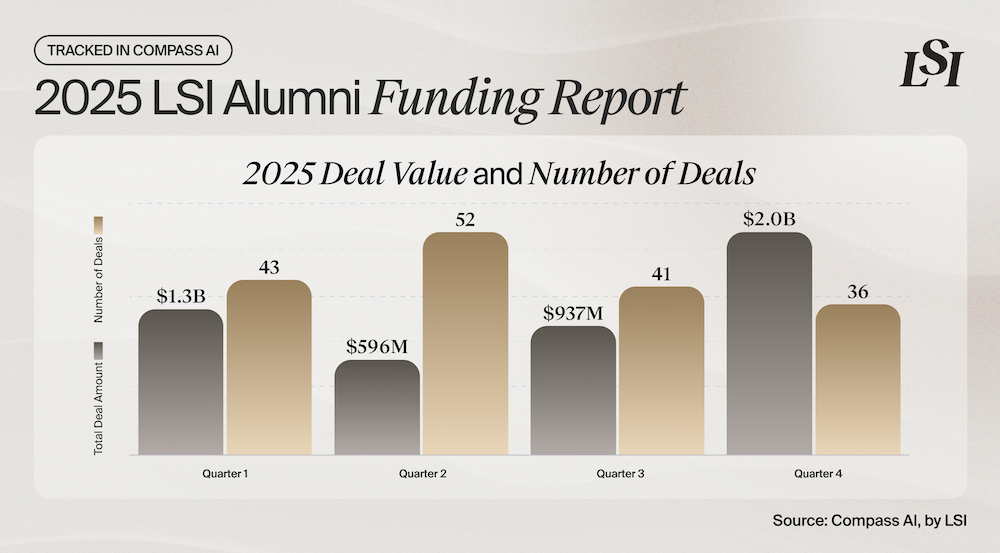
The sleep apnea market is poised for rapid growth in 2025, with significant advancements in both diagnostics and treatment technologies. ResMed, a leader in the sleep health sector, recently made waves by acquiring VirtuOx, Inc., a major diagnostic testing provider. This acquisition strengthens ResMed’s vision of offering an end-to-end solution for managing sleep apnea and related disorders. With this strategic move, ResMed is reinforcing its position as a dominant force in the sleep apnea market.
Understanding the Sleep Apnea Market Landscape
Obstructive sleep apnea (OSA) affects approximately 1 billion people globally, contributing to serious health risks such as cardiovascular diseases, metabolic disorders, and cognitive decline. The condition primarily leads to disrupted breathing during sleep, causing significant daytime fatigue and impacting quality of life. Continuous positive airway pressure (CPAP) devices have long been the gold standard for treating moderate to severe OSA, but adherence issues remain a key challenge.
While CPAP continues to be the first-line treatment, newer interventions like oral appliances, upper airway stimulation devices, and other minimally invasive therapies are growing in popularity. The market for these alternative solutions is still emerging, but is expected to grow steadily in the coming years, driven by advancements in both devices and patient management techniques.
Additionally, chronic insomnia, another common sleep disorder, affects up to 750 million people worldwide. While pharmacologic treatments dominate, non-drug therapies, including behavioral and digital treatments, are gaining traction.
The Numbers Behind the Sleep Apnea Market
According to LSI’s Compass platform, the Sleep Therapy Devices and Diagnostics market was valued at $6.2 billion in 2024. Over the next five years, this market is expected to grow at a CAGR of 7.4%, reaching $8.9 billion by 2029, outpacing the broader medtech market’s expected growth.
This growth is being driven by several factors:
- Increased Diagnosis Accessibility: Traditional in-lab sleep studies have long wait times, creating a barrier to early diagnosis. However, the growing use of home sleep testing and connected wearables is changing this dynamic. At-home testing allows for faster diagnosis and helps more patients access the care they need sooner.
- Rising Patient Demand: The increasing prevalence of sleep disorders, coupled with the growing awareness of their impact on health, is fueling the demand for sleep apnea treatments. As diagnosis becomes more accessible, the volume of patients entering the treatment funnel is expected to increase dramatically.
- Technological Advancements: The integration of digital tools, wearable health monitoring devices, and AI-powered platforms into the sleep apnea market is reshaping the treatment landscape. These tools are helping patients manage their conditions more effectively, improving adherence, and enhancing long-term outcomes.
ResMed’s Dominance and Strategy for Growth
ResMed continues to lead the sleep apnea market, holding an estimated 50-60% market share in OSA treatment. The company’s acquisition of VirtuOx, a diagnostic testing company, expands its portfolio and strengthens its position in the market. The VirtuOx acquisition aligns with ResMed’s broader strategy of creating a full-stack ecosystem for sleep health, encompassing diagnostics, monitoring, and therapy.
As ResMed scales up its offerings, it remains focused on minimizing the barriers to treatment that many patients face. The company’s strategy is to expand the reach of sleep apnea treatments and improve patient adherence, all while embracing new technologies that make care more accessible and effective.
The Competitive Landscape: ResMed vs. Philips
The sleep apnea market remains largely dominated by ResMed and Philips, which together control over 80% of the global market share. However, Philips has faced significant challenges in recent years, including product recalls and regulatory issues that led to a temporary loss of market leadership. ResMed has capitalized on this gap and is now positioning itself to expand further.
With Philips focusing on regaining its footing, ResMed is building a stronger market presence, particularly in digital health tools that enhance diagnostics and patient management. ResMed’s recent push toward acquiring companies like VirtuOx is indicative of its strategy to diversify and expand its product portfolio.
Emerging Players in the Sleep Apnea Market
While ResMed and Philips continue to dominate the market, several emerging companies are introducing disruptive solutions for sleep apnea treatment and diagnostics. These companies are taking innovative approaches to improve both the treatment and management of sleep disorders:
- NovaResp: Using AI to predict respiratory events in patients using positive airway pressure (PAP) machines, improving therapy efficiency
- Restera Sleep: Developing outpatient injectable stimulation solutions for obstructive sleep apnea
- ACCELStars: Specializing in advanced sleep measurement technologies that aim to improve healthcare outcomes
These innovative companies are bringing fresh ideas to the market, enhancing the competitive landscape, and pushing the boundaries of what’s possible in sleep apnea care.
Looking Ahead: What’s Next for the Sleep Apnea Market?
The sleep apnea market is poised for substantial growth over the next several years. As new technologies and therapies emerge, the market for sleep disorder treatments is evolving, with increasing attention on minimally invasive treatments and AI-powered solutions.
For companies like ResMed, the strategy is clear: dominate the market by expanding the range of services provided, from diagnostics to long-term therapy adherence. With a growing patient population, coupled with advancements in device technology, the sleep apnea market is set to continue its upward trajectory, with increasing opportunities for innovation and expansion.
Want more market insights like this? Subscribe to our medtech magazine, The Lens.

Schedule an exploratory call
Request Info17011 Beach Blvd, Suite 500 Huntington Beach, CA 92647
714-847-3540© 2026 Life Science Intelligence, Inc., All Rights Reserved. | Privacy Policy










